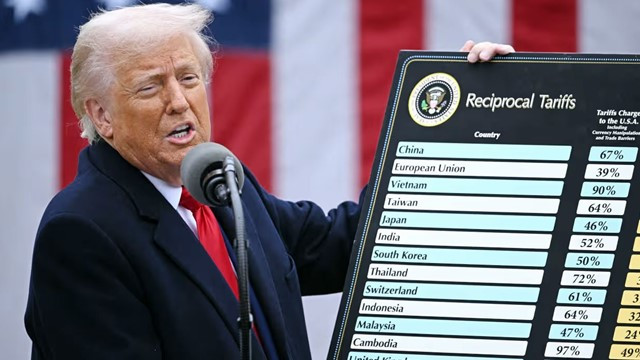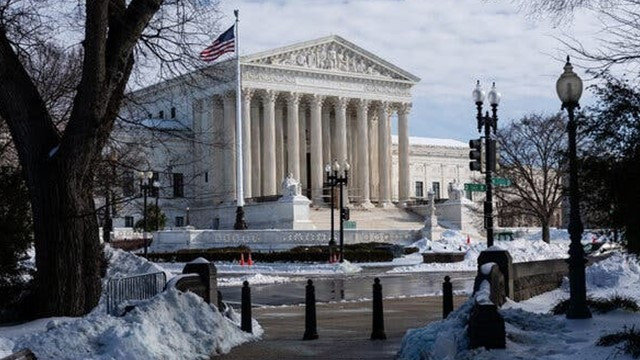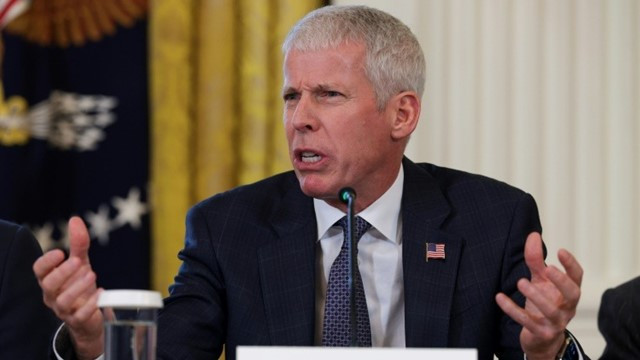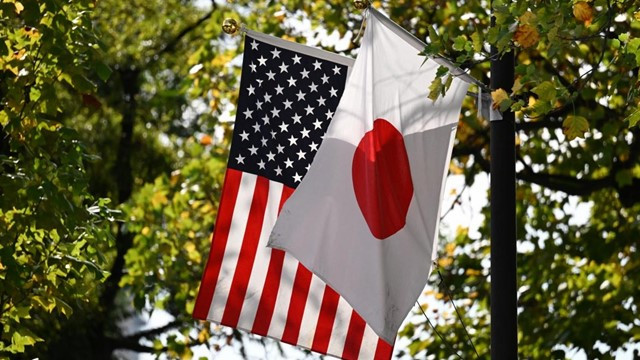১০ ফাল্গুন ১৪৩২
Israel's Bill to Annex West Bank Faces Global Condemnation, Including from Trump
23 October 2025 23:10 PM
NEWS DESK
A bill to annex the West Bank to Israel has received preliminary approval in Israel’s parliament, the Knesset. The move has been widely condemned by various countries, including former President Donald Trump, who has threatened that Israel would lose all US support if the annexation proceeds.
The bill was passed in the Knesset on Wednesday with a vote of 25-24. To become law, it must pass through four stages of voting. Wednesday marked the first step, after which the bill will be sent to the Knesset’s Foreign Affairs and Defense Committee for further discussion. On the same day, another bill to annex the Jewish settlement of Ma'ale Adumim in the West Bank was also approved by a vote of 31-9.
The first bill, which was introduced outside Prime Minister Benjamin Netanyahu's ruling coalition, has the support of the right-wing factions in Israel’s government, including National Security Minister Itamar Ben-Gvir and Finance Minister Bezalel Smotrich. However, Netanyahu's Likud party has not supported the bill.
For several years, members of Netanyahu’s coalition have been advocating for the annexation of parts of the West Bank, citing Israel's historic connection to the area. They argue that Israel did not occupy the West Bank in violation of international law during the 1967 war with Arab countries, and therefore, a law is needed to legitimize the occupation.
The United Nations and most of the international community have consistently labeled Israel’s occupation of the West Bank as illegal. A 2024 ruling by the International Court of Justice (ICJ) declared that Israel’s occupation of the West Bank and other Palestinian territories is illegal, urging Israel to withdraw its settlements and military presence as soon as possible.
Trump's Opposition
The approval of the annexation bill comes at a time when a ceasefire in Gaza is underway under former US President Donald Trump’s 20-point peace plan. Just a month ago, Trump had stated that the West Bank should not be annexed by Israel. On the day of the bill's approval, US Vice President JD Vance was in Israel and addressed the issue during a press conference in Tel Aviv.
In response to questions, Vance stated, "Israel cannot annex the West Bank. Under President Trump's policy, annexing the West Bank is not an option, and that will be the US policy as well." Trump echoed these views in an interview with Time magazine, stating, "This will not happen because I promised the Arab countries we would not support such an action. The Arab countries have been a major support for us. If Israel goes ahead with this, they will lose all US support."
The Likud party has responded by accusing Netanyahu’s political opponents of trying to create trouble for his government through this vote. The party issued a statement, claiming that the vote was aimed at damaging the relationship between Netanyahu and Trump. Israel’s Foreign Minister, Gideon Saar, also stated that the government had not wanted this vote to occur, given the considerations of Trump’s peace plan.
International Condemnation
The bill's approval comes amid ongoing violence in Gaza, where Israeli forces have continued their operations even after a ceasefire was initiated on October 10. Despite the ceasefire, Israeli forces have been accused of carrying out killings and blocking humanitarian aid from entering Gaza. According to the Gaza Health Ministry, at least 68,280 people have been killed in Israeli attacks over the past two years.
The Palestinian Foreign Ministry has condemned the approval of the annexation bill, stating that Gaza and the West Bank are part of Palestine and that Israel has no sovereignty over them. Hamas also issued a statement, calling the move a blatant expression of Israel’s "colonial occupation."
Qatar’s Ministry of Foreign Affairs issued the strongest condemnation, describing Israel’s actions as a challenge to international law. Saudi Arabia has rejected the move, while Jordan has warned that it would undermine the two-state solution.
Experts’ Views
Despite the uproar, some experts believe that the bill's approval will not lead to significant changes on the ground. Walid Habbas, a researcher at the Palestinian Forum for Israeli Studies, told Al Jazeera that Israel already exercises full sovereignty over the West Bank through its occupation. He suggested that the approval of the bill would not bring about major changes in the current situation but could have implications for any future Palestinian state.
The international community remains divided on the issue, with ongoing debates about the legal and political consequences of Israel’s continued actions in Palestinian territories.



















Comments Here: